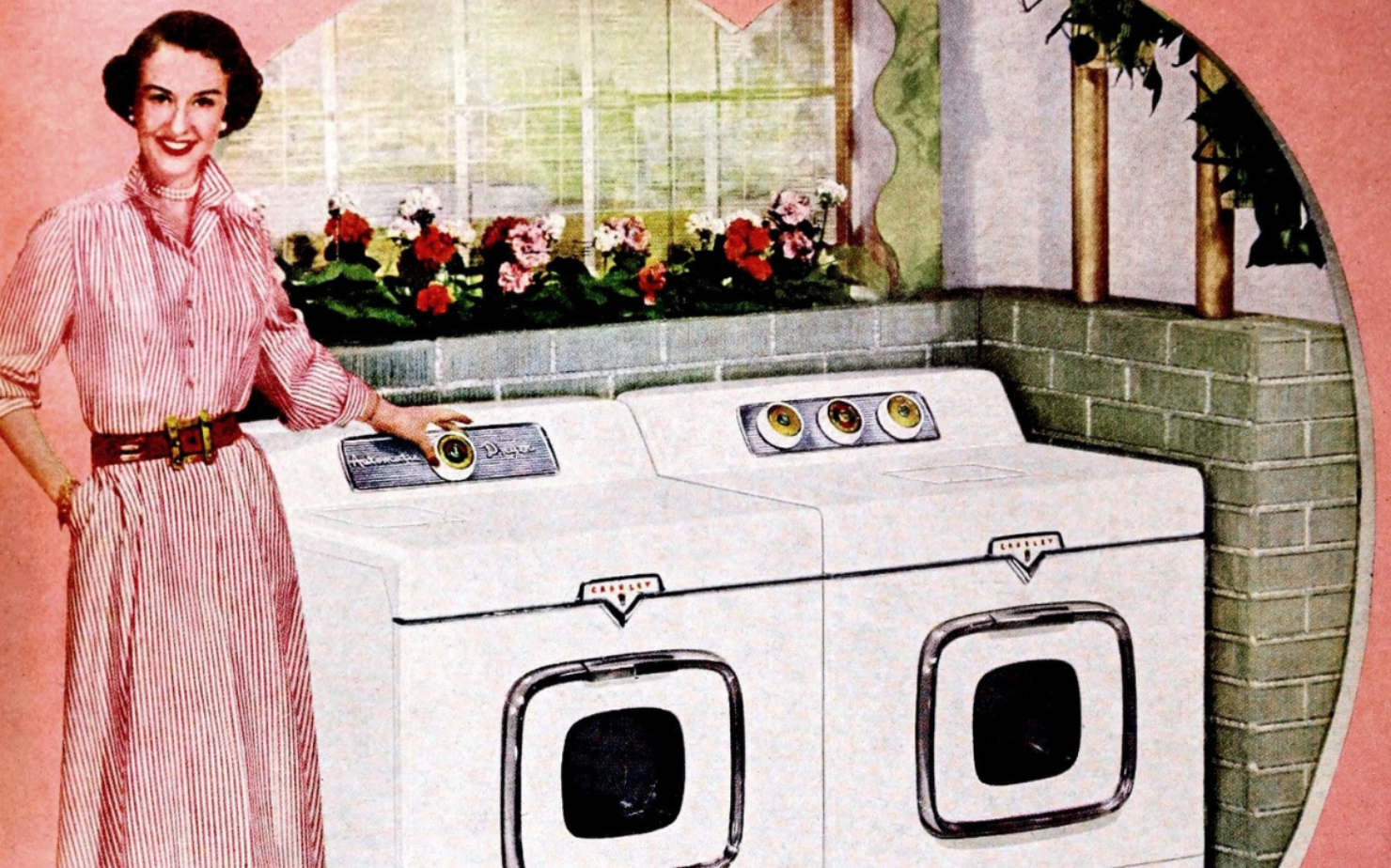
We often hear the advice to "just treat technology like a tool," as if our smartphones and laptops are no different from hammers or screwdrivers. But this misses a crucial point: the relationship between humans and technology is far more complex and bidirectional than we realize.
As I explore in my new book "Your Best Digital Life," we don't simply use technology in isolation. We shape our tools and thereafter they shape us—a insight popularized by John Culkin, a friend and colleague of media theorist Marshall McLuhan, when explaining McLuhan's ideas about technology's impact on society. This isn't a new phenomenon; it's been happening throughout history.
Consider the washing machine. When it was invented, everyone assumed it would reduce women's domestic labor. Instead, it actually increased their workload. Why? Because societal expectations shifted. The washing machine changed the way people think about cleanliness and hygiene by promoting a culture of cleanliness and hygiene. Suddenly, men were expected to arrive at work in perfectly clean shirts daily, rather than the weekly washing that had been acceptable before. What began as a labor-saving device gradually raised society's standards for what constituted "clean" clothing, creating new expectations and social pressures.
Here's a clip from my recent talk at the Leathersellers' Link and Learn event where I talk about this.
The same dynamic plays out with our digital devices. We might use GPS to navigate more efficiently, but over time, this convenience can atrophy our natural sense of direction. We might turn to social media to feel connected, but prolonged use can actually make us feel more isolated.
The key insight is recognizing that every technological choice we make doesn't just affect what we do in that moment – it gradually changes who we become. When we acknowledge this two-way relationship, we can make more intentional decisions about which technologies to embrace and how to use them in ways that align with who we want to be.
The question isn't whether technology will change us. It's whether we'll be conscious participants in that transformation.